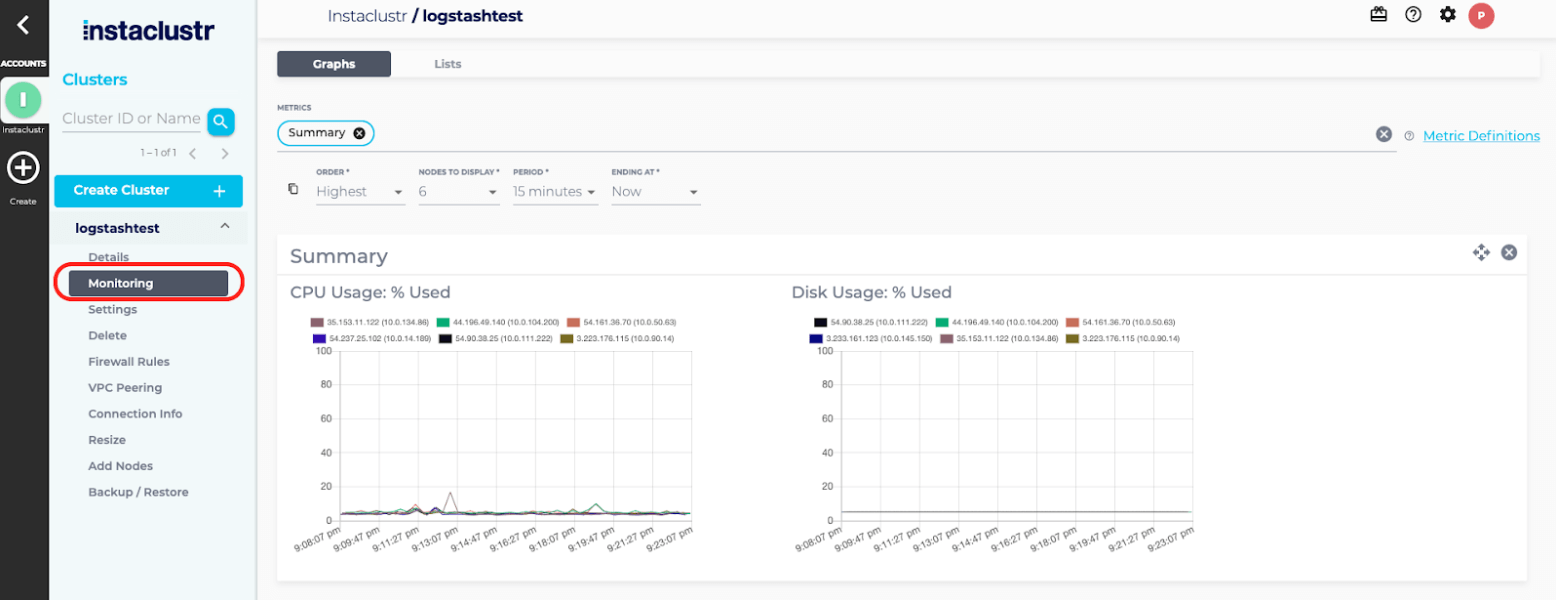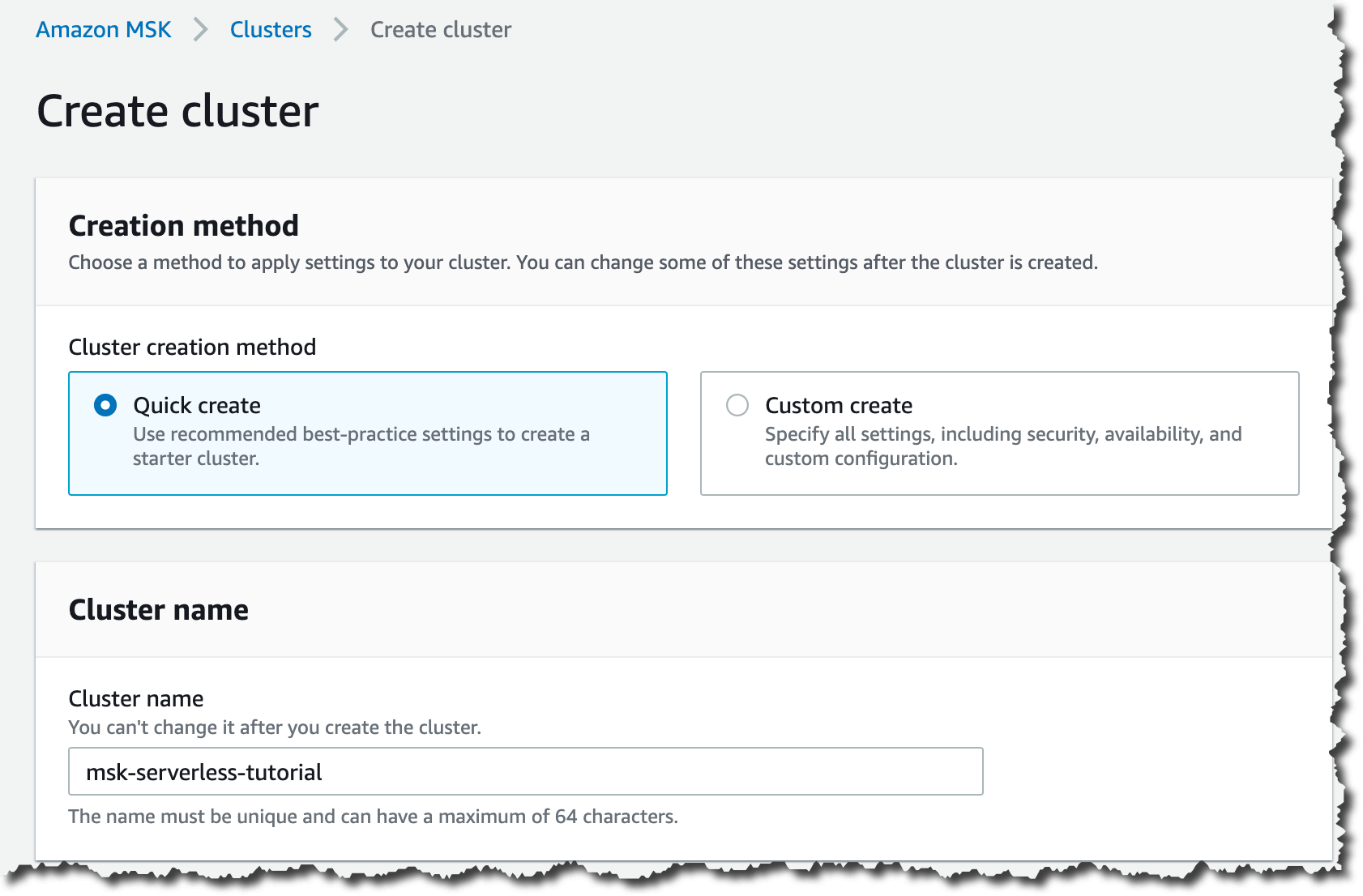What are managed Kafka solutions?
Managed Kafka solutions offer a simplified approach to using Apache Kafka, an open source distributed streaming platform, by handling the complexities of infrastructure management and allowing users to focus on application development. These services, provided by cloud platforms and dedicated providers, automate tasks like setup, scaling, monitoring, and security, ensuring high availability and reliability for real-time data streaming.
Managed Kafka services, also known as Kafka as a Service, abstract the operational overhead of running Apache Kafka. Instead of manually configuring and maintaining Kafka clusters, users can leverage these services to deploy, manage, and scale their Kafka infrastructure with ease. Managed providers offer dashboards, APIs, and integrations to simplify data ingestion, message streaming, and processing workflows.
Key benefits include:
- Simplified deployment and management: Managed Kafka solutions automate cluster creation, configuration, and scaling, significantly reducing the time and effort required for setup and ongoing maintenance.
- High availability and reliability: These services often provide built-in redundancy, replication across multiple regions, and automated failover mechanisms to ensure minimal downtime and data loss.
- Enhanced security: Managed Kafka offerings incorporate robust security features like encryption, access control, and compliance certifications, ensuring data protection and adherence to industry standards.
- Scalability: Managed Kafka services allow for seamless scaling of resources to meet changing demands, ensuring optimal performance and cost-efficiency.
- Developer focus: By handling the complexities of Kafka infrastructure, managed services free up developers to focus on building applications and leveraging Kafka’s powerful streaming capabilities.
- Cost optimization: Many providers offer cost-effective solutions by optimizing resource utilization and providing flexible pricing models.
Related content: Read our guide to Apache Kafka tutorial
The need for Kafka services: Key challenges with self-managed Kafka
Operating Kafka in a self-managed environment requires deep expertise and significant operational effort:
- One of the primary challenges is cluster setup and configuration, which involves selecting the right hardware, tuning performance parameters, and integrating with external systems like ZooKeeper or Kubernetes.
- Self-managed Kafka requires continuous monitoring to detect issues like broker failures, partition imbalances, or disk I/O bottlenecks. Without automated failover and redundancy, recovering from failures can be time-consuming and error-prone.
- Security is also complex to manage manually. Setting up encryption (in transit and at rest), configuring authentication mechanisms (like SASL or TLS), and enforcing fine-grained authorization policies demand considerable effort and ongoing oversight.
- Scalability is harder to achieve in self-managed setups. As message volumes grow, scaling Kafka often means provisioning new hardware, redistributing partitions, and ensuring that the expanded infrastructure remains balanced and performant.
- Operational overhead is high. Tasks such as patching, upgrading Kafka versions, maintaining compatibility with other services, and ensuring compliance require dedicated resources. This can divert attention from core development goals and introduce operational risks if not handled properly.
Related content: Read our guide to Kafka management
Notable managed Kafka solutions
1. NetApp Instaclustr

Instaclustr for Kafka is a fully managed service for Apache Kafka that removes the headaches of operating complex infrastructure. Built for reliability, it delivers high availability, automated failover, and proactive monitoring so data pipelines stay up and running. It scales seamlessly as throughput and topics grow, providing consistent performance from pilot to production. And with expert support, streamlined provisioning, and built-in best practices, Instaclustr makes Kafka easier to adopt and operate—so organizations can focus on building real-time applications, not managing clusters.
- High availability and automated failover: Keeps streams running during outages so you avoid downtime and lost messages.
- Seamless horizontal scalability: Adds brokers and storage on demand to handle traffic spikes without re-architecting.
- End-to-end security: Encrypts data in transit and at rest, with role-based access control and private networking to protect sensitive workloads.
- Proactive monitoring and alerting: Tracks broker health, lag, and throughput with actionable alerts so issues can be fixed before they impact users.
- Managed upgrades and patching: Applies tested Kafka and OS updates, reducing risk and freeing teams up from maintenance windows.
- Performance tuning out of the box: Uses proven configurations for partitions, replication, and retention to deliver consistent low latency.
- Self-service provisioning: Launches clusters in minutes with guided defaults, cutting setup time and complexity.
- Expert 24/7 support: Access to Kafka specialists for architecture reviews and incident response to keep data pipelines healthy.
- Multi-cloud deployment: Deploy where needed to meet latency, data residency, and cost goals.
- Compliance-ready operations: Built-in controls and auditability to help meet industry standards and internal policies.

Source: NetApp Instaclustr
2. Amazon MSK

Amazon MSK is Amazon’s fully managed Apache Kafka service that removes the complexity of deploying, operating, and scaling Kafka clusters on AWS. It handles provisioning, configuration, monitoring, and maintenance while offering built-in integrations with AWS services to speed up the creation of streaming data pipelines.
Key features include:
- Managed operations: Automates provisioning, configuration, monitoring, and patching for Kafka and Kafka Connect clusters.
- High availability: Multi-AZ architecture with automated detection, mitigation, and recovery from infrastructure failures.
- AWS integrations: Native connectors and no-code integrations with services like S3, Lambda, and Kinesis for seamless data movement.
- Security by default: Encryption in transit and at rest, access control, and network isolation built in.
- Scalable performance: Pay-as-you-go pricing with the ability to adjust resources for workload demands.

Source: Amazon
3. Google Cloud Managed Service for Apache Kafka
Google Cloud Managed Service for Apache Kafka is a fully managed offering that simplifies running Apache Kafka on Google Cloud by taking care of cluster provisioning, scaling, monitoring, and maintenance. It is compatible with open source Kafka, supports Kafka Connect for easy data integration, and is designed for high availability.
Key features include:
- Kafka Connect integration: Supports data migration, replication, and connections to Google Cloud services like BigQuery and Cloud Storage.
- Open source compatibility: Runs standard Apache Kafka and Kafka Connect code, with schema registry API support for portability.
- Operational simplicity: Automatic broker sizing, rebalancing, and version updates; built-in Cloud Monitoring, Cloud Logging, and IAM.
- High availability: All deployments are highly available by default, ensuring continuous service during failures.
- Security: Integrated with IAM, customer-managed encryption keys (CMEK), and Virtual Private Cloud (VPC) for isolation.
4. Vultr Managed Apache Kafka

Vultr Managed Apache Kafka is a fully managed, high-performance Kafka service intended to simplify data stream processing for cloud-native and AI-driven applications. It helps remove the operational complexity of provisioning infrastructure, configuring clusters, and applying updates, while delivering low-latency, high-throughput streaming.
Key features include:
- Fully managed service: Handles infrastructure provisioning, cluster setup, and ongoing software management.
- Elastic scalability: Add or remove Kafka brokers on demand with utility-based pricing.
- High availability: Redundant brokers, automatic failover, and persistent storage prevent data loss and downtime.
- Kafka Connect support: Connect to diverse data sources and destinations, with flexibility to create custom connectors.
- Global low-latency deployment: 32 data center regions enable streaming within 2–40 ms to most of the world’s population.

Source: Vultr
5. DoubleCloud Managed Service for Apache Kafka

DoubleCloud Managed Service for Apache Kafka is a fully managed, production-ready Kafka offering that can be deployed quickly, removing the operational overhead of cluster provisioning, scaling, and maintenance. It is intended for high-performance, data-intensive applications, with monitoring, connectors, schema management, and integrations for analytics and observability.
Key features include:
- Rapid deployment: Can launch production-ready Kafka clusters in about 10 minutes.
- Enhanced monitoring: Provides topic and replication metrics, as well as CPU, memory, and network usage stats.
- Connector support: Includes MirrorMaker for cluster replication and S3 Sink for durable cloud storage.
- Auto-scaling architecture: Dedicated VM and VPC per client with workload-based automated scaling.
- Platform flexibility: Supports x86 and ARM instances, with better price/performance on ARM.
- Data consistency tools: Schema registry and REST Proxy support to prevent data misinterpretation.

Source: DoubleCloud
Conclusion
Managed Kafka solutions enable organizations to leverage the power of Apache Kafka without the steep operational learning curve of self-managing distributed streaming infrastructure. By offloading provisioning, scaling, monitoring, and security to specialized providers, teams gain a resilient, high-performance streaming backbone with minimal downtime risk. This approach accelerates project delivery, ensures predictable performance under varying workloads, and allows technical resources to concentrate on building value-driven applications rather than maintaining infrastructure.